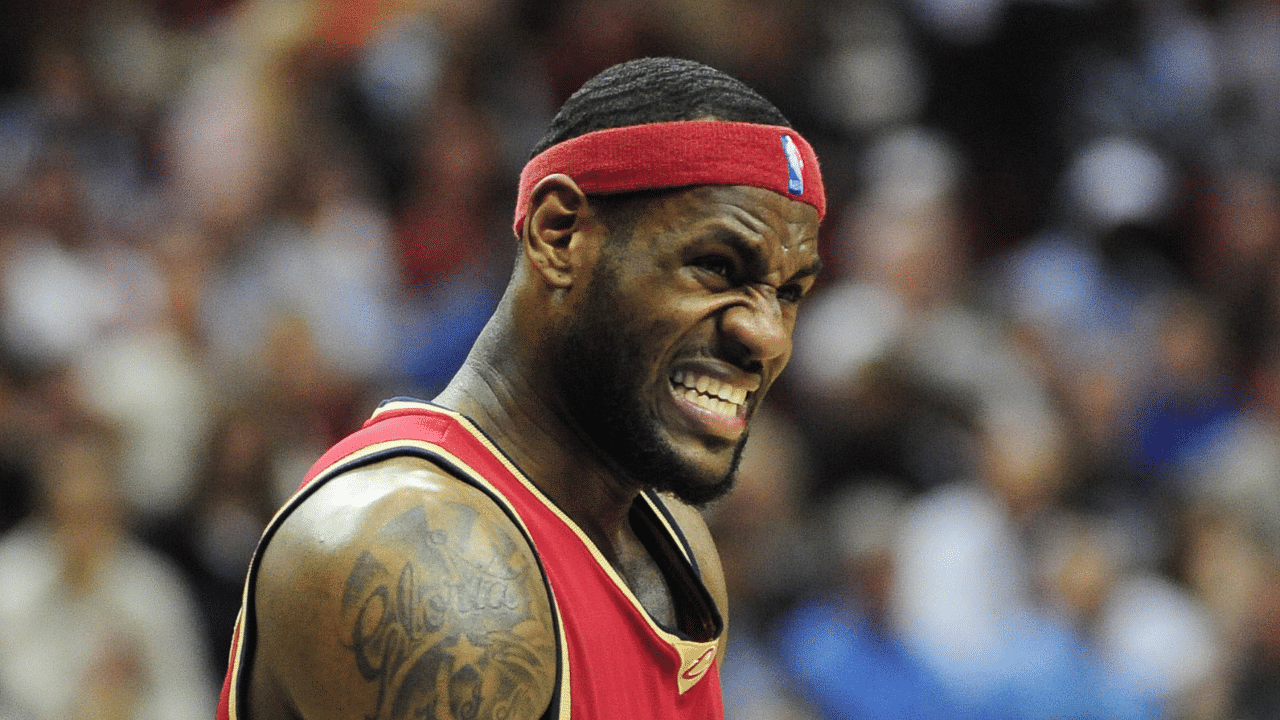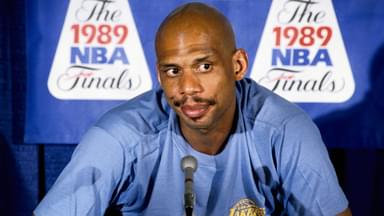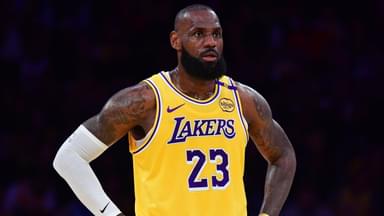Vitamin Water, a well-known beverage brand, initially sought to sign LeBron James to a lucrative endorsement deal. However, LeBron eventually decided not to proceed with the agreement. Interestingly, the brand then turned to the rapper 50 Cent, who was seen drinking their product in a music video. This led to a significant endorsement contract and an equity partnership for 50 Cent, with his own specially created drink called Formula 50. The collaboration proved to be immensely profitable, as Coca-Cola later acquired Vitamin Water for over $4 billion. In the deal, 50 Cent reportedly made a staggering $100,000,000 by selling his shares.
Advertisement
LeBron, on the other hand, viewed the situation as a valuable business lesson about the difference between being an employee and an owner within a brand. This intriguing narrative, highlighting the success of Vitamin Water and 50 Cent, serves as an important case study for LeBron James, as detailed in Brian Windhorst’s book, “LeBron James Inc.”
LeBron’s refusal to sign for Vitamin Water led to important business lesson
Undoubtedly, LeBron James has amassed an impressive net worth exceeding $1 billion through various sponsorships and business deals. One of his long-standing partnerships was with Coca-Cola, where he reportedly earned around $14 million annually over a span of 17 years.
However, the Vitamin Water situation presented a different opportunity. At the time, the company was still in its early stages, and Jackson had the chance to acquire shares. As fate would have it, Coca-Cola later acquired Vitamin Water for an astonishing $4 billion in 2007. A buyout that resulted in a massive payday.
This acquisition significantly boosted the value of the shares, resulting in a substantial profit for rapper 50 Cent, estimated to be between $60 and $100 million according to Brian Windhorst. Interestingly, James had a similar opportunity but opted for an immediate substantial payment instead of potential future value through shares.
“But about Vitamin Water: A few months after LeBron passed, Glacéau did a major endorsement contract with the rapper Curtis Jackson, better known as 50 Cent. The company noticed Jackson drinking one of their products in a music video, and it spurred the relationship. The sides ended up cutting a deal that made Jackson an equity partner, as had been the offer to LeBron. Three years later, thanks in part to a personalized flavor created by Jackson called Formula 50 that helped the company grow, Coca-Cola bought Vitamin Water for more than $4 billion. Glacéau was a private company, so its records were kept private, but Jackson reportedly made between $60 and $100 million when he sold his shares as part of the deal. Wright also made millions. Meanwhile, by 2005, LeBron appeared in an ad for Vitamin Water-playing a defense attorney whose mind was sharpened by drinking the product-as Coke shifted him away from pitching Powerade for a period.”
He continued:
“It’s worth pointing out that 50 Cent was in a different position from LeBron. Coke and Pepsi weren’t coming after him, trying to sign him. He wasn’t turning down millions to gamble on a little engine that could. But his willingness to attach his name to the brand ended up creating an incredible payday. For LeBron, not getting the same deal wasn’t about jealousy-50 Cent later filed for bankruptcy-it was a learning experience. At the time, as a teenager, LeBron enjoyed the idea of being paid millions to be the voice of something. What happened with Vitamin Water and 50 Cent would have been an interesting case study for LeBron even if the company hadn’t approached him with an offer. It was a lesson about the difference between being an employee and being an owner in a brand. It showed that taking a calculated risk on a young company could pay off, especially if that company was so desperate to attach itself to LeBron’s brand power that it was willing to give up potentially valuable ownership shares.”
Hence, not only did 50 Cent make incredible money, but he also developed his own Formula 50 drink with Vitamin Water. James could have had a similar payday, but instead learned a valuable business lesson from the experience.
LeBron James seems to have learned important lesson from Vitamin Water deal
LeBron James has undoubtedly evolved his business approach over the years, learning valuable lessons along the way. His lifetime partnership with Nike, for instance, includes profit-sharing clauses, ensuring a more consistent stream of income.
Beyond his endorsement deals, James has diversified his business ventures. He has invested in a range of startups and companies spanning food and beverages, movies, dealerships, and sports. Notably, as a part owner of the Fenway Sports Group, he holds stakes in prestigious teams like the Boston Red Sox and the Liverpool Football Club.
In contrast to his earlier decision with Vitamin Water, James now appears to prioritize smarter contracts that offer long-term growth potential. This strategic shift has contributed to the consistent expansion of his overall net worth, exemplifying his astute business acumen.







